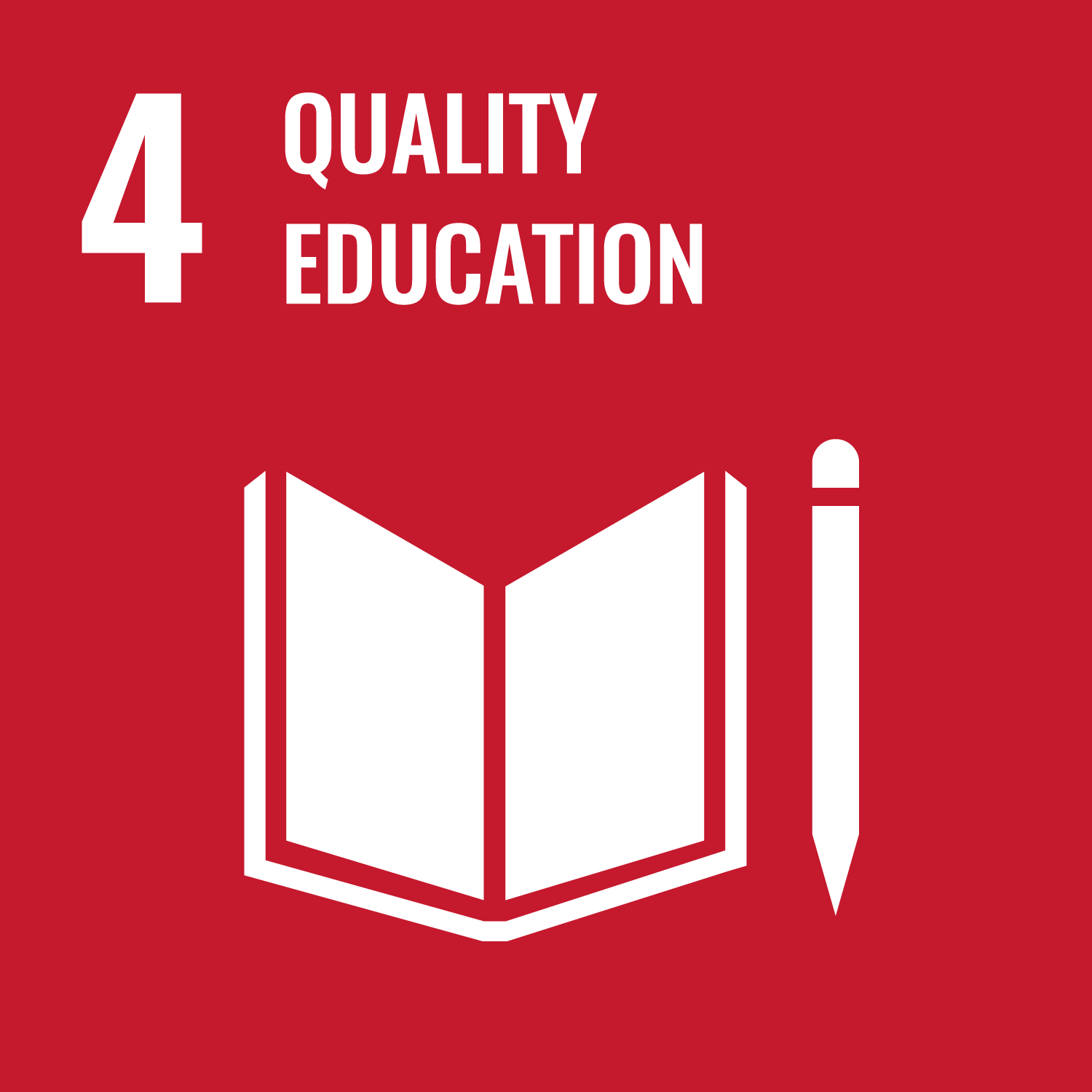ORCID
- Margaret Fisher: 0000-0003-2689-6805
Abstract
Aim To evaluate new practice assessment processes in midwifery placements linked to a United Kingdom university during COVID-19. Background The new regulatory body standards for supervising and assessing practice of student nurses and midwives replaced the former mentorship model. Locally, these were implemented in conjunction with the Practice Assessment Toolkit – a resource developed from the national project exploring grading in midwifery practice. Emergency regulatory standards in response to the global pandemic impacted on student placements and temporarily created greater flexibility in assessing practice. Design A cohort survey using mixed methods. Methods Online questionnaires comprising qualitative and quantitative components targeted each of the four stakeholder groups: second and third-year student midwives, practice supervisors, practice assessors, midwifery academics. Aspects of the assessment process were explored including whether changes in the assessment process had influenced reliability, views of the Practice Assessment Toolkit and grading versus a binary pass/fail approach. Results Views were mixed about whether the new practice assessment process improved reliability, but the context of the global pandemic was acknowledged. Some clinicians embraced the changes more readily than others, and organisational approaches varied. There was a reliance on students’ knowledge and understanding of requirements. Inconsistencies could have a detrimental effect on student learning and the reliability of assessment. Practice assessors relied on a range of practice supervisors’ comments to make their decisions. Some participants considered that the separation of these roles enhanced reliability of assessment while others found it challenging. Detachment of students from the assessment process appeared to promote objectivity and honesty, potentially reducing grade inflation. The Practice Assessment Toolkit was useful and assisted reliability, however issues around individual expectations, application and relationships persisted. Most participants were in favour of retaining grading of practice in at least the final year of the midwifery programme. Qualitative themes comprised: Impetus for change; Reliance and reliability; Benefits of detachment; Mind the gap; To grade or not to grade. Conclusions This first evaluation of the new practice assessment process suggested it has potential to increase reliability, however this is dependent on individual and institutional understanding and adherence. The context of the global pandemic also influenced implementation and findings. The benefits of using consistent terminology were demonstrated through application of the Practice Assessment Toolkit. Further evidence is presented of the advantages and challenges of grading practice or using the binary approach. Recommendations are made to promote concepts identified in the findings and for future research.
DOI Link
Publication Date
2022-03-04
Publication Title
Nurse Education in Practice
Volume
60
ISSN
1471-5953
Acceptance Date
2022-02-28
Deposit Date
2022-03-05
Embargo Period
2023-03-04
Creative Commons License

This work is licensed under a Creative Commons Attribution-NonCommercial 4.0 International License
Recommended Citation
Fisher, M., Tomson, A., & Chenery-Morris, S. (2022) 'Supervision and assessment in midwifery practice during a global pandemic: A cohort survey', Nurse Education in Practice, 60. Available at: 10.1016/j.nepr.2022.103318



